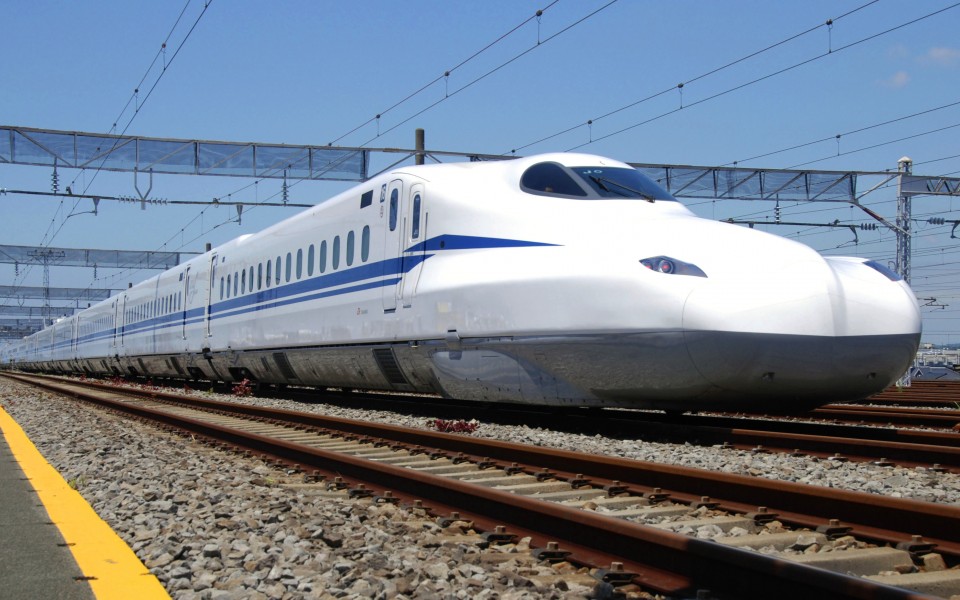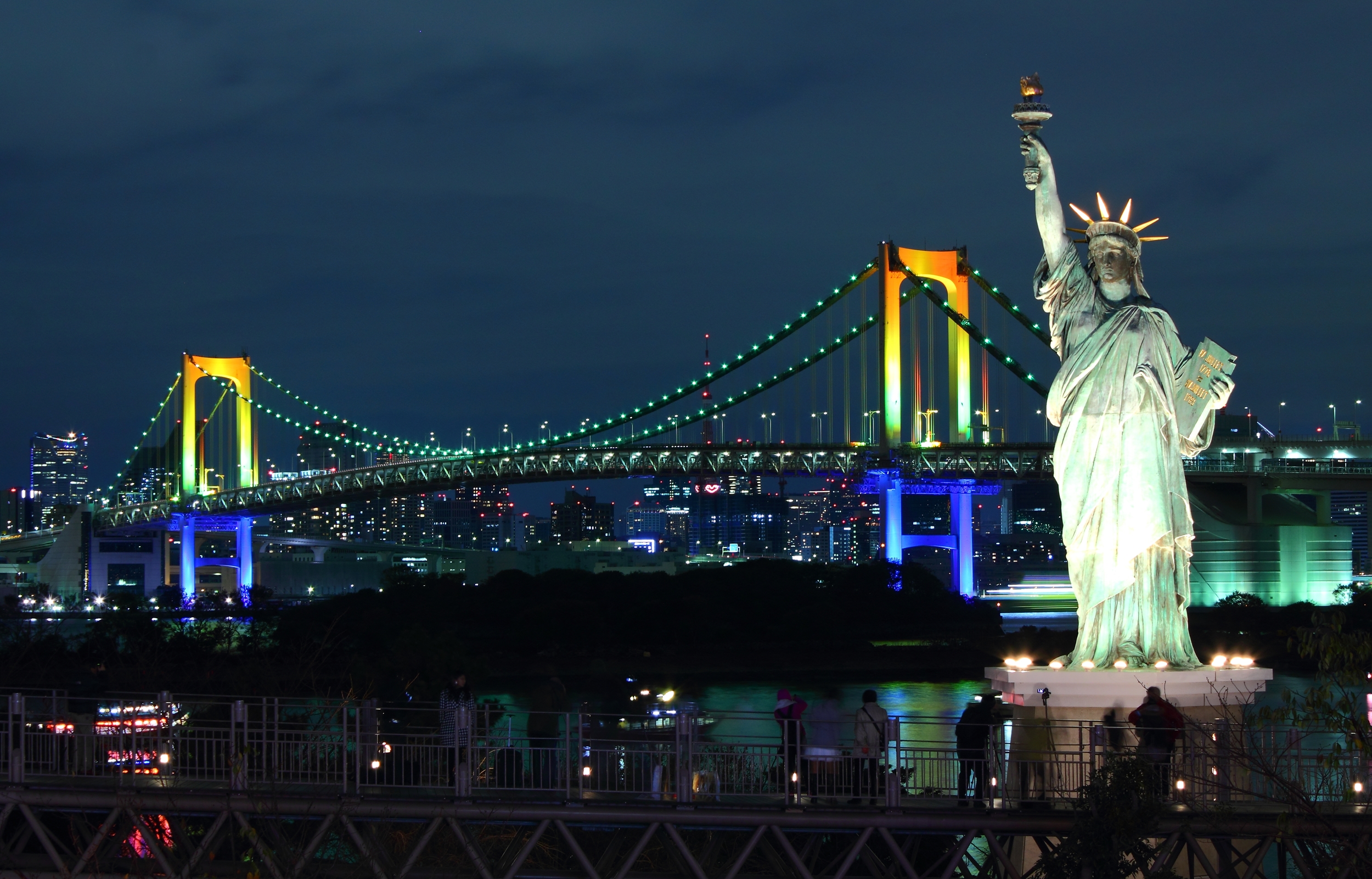" Like everyone else who started a country moving in a new direction, Perry prompts ambivalence, and his homeland is both admired and resented, depending on people's mood " - Feifer [2006]
Perception: Positive and Negative
Though Japan's economic status elevated, many of its inhabitants nostagically remembered the times before Perry's catalytic intrusion. To them, industrializtion was terrible and partially Perry's fault.
" …much of the country, whose beauty had even struck Perry's preoccupied men, was on its way to becoming 'groaning, shrieking, roaring, clashing, squealing and thundering' sprawl of concrete and neon…Some people's quiet ache for the old life of supposedly purer ways…includes misplaced reproach of him [Perry]" - Feifer [2006]
" Yearning for an idealized golden age existed as early as the turn of the nineteenth century, more than fifty years before the Commodore arrived…Even if Perry were responsible for the eyesores, fairness requires some gratitude to him for the affluence…that recognizes his sparking of the industrial and technological leaps…When the Commodore's model train given at the conclusion of his second visit began moving, the recipients, eyeing [the alien technology] 'fearfully from a safe distance' uttered 'cries of astonishment.' Their progeny export bullet train technology to America" - Feifer [2006]
Conversely, many in Japan hoped for industrialization as early as 1800, and much of Japan's technology (which it built upon then and now) was introduced by Perry.

Shinkansen (Bullet train) Model N700S
Kyodo News [October 23, 2019]
Japan's complex perception of the US is represented through opposing symbols even today.
"Tokyo's aptly named Rainbow Bridge…soars above fortifications that were hurriedly constructed in defense against the Black Ships that some…were convinced would destroy the capital. But nothing less contradictory than a scaled-down replica of the Statue of Liberty stands near the guns…and few Japanese can offer an explanation of the juxtaposition other than that the perception of America is complicated" - Feifer [2006]

Rainbow Bridge in Tokyo
Courtesy Kakidai, from Wikimedia Commons [n.d.]
________________________________________________________________________________________________________________________________________________________________
Perry's unexpected arrival resulted in economic gains, but Japanese people fondly recollected times before him while enjoying the industrialization from open ports. US - Japan relations continue cycling between positive and negative, and remnants of animosity and alliance stand together.
________________________________________________________________________________________________________________________________________________________________